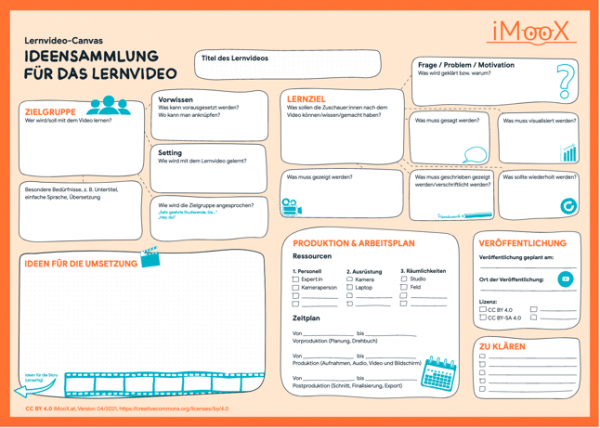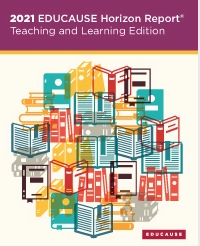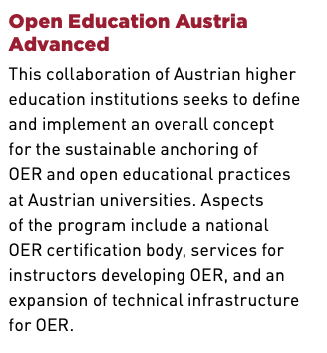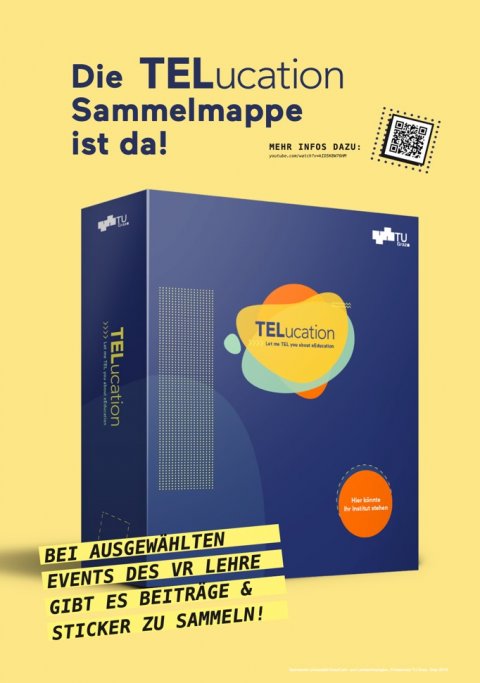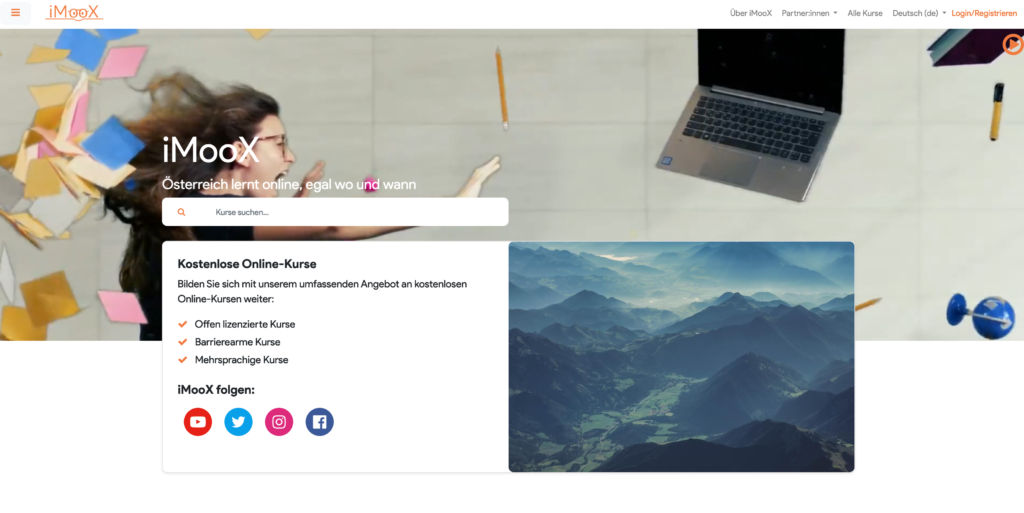Unser Beitrag zu „Entwicklung und Implementierung eines Plug-Ins und von APIs für offene Bildungsressourcen (OER)“ ist nach der erfolgreichen Tagung nun auch als Publikation erschienen.
Zusammenfassung
Um einen breiten Zugang zur Bildung und großzügige Nutzung von Bildungsressourcen zu ermöglichen, setzt auch die Technische Universität Graz (TU Graz) auf offene Bildungsressourcen (Open Educational Resources, kurz OER). Der Beitrag beschreibt die technologischen Entwicklungen und Prozesse, damit Lehrende der TU Graz das eigene Lernmanagementsystem für die Veröffentlichung von OER nutzen können. Es wird im Beitrag nachgezeichnet wie Schnittstellen und Prozesse gestaltet wurden, um Lern-und Lehrressourcen der TU Graz mit entsprechenden Metadaten auszuzeichnen, um sie über das universitätseigene OER-Repositorium und entsprechenden Schnittstellen für das OER-Fachportal der Universität Wien einer breiten Öffentlichkeit recherchierbar anzubieten. Nur entsprechend qualifizierte Lehrende der TU Graz erhalten die Berechtigung für die Nutzung des neuen OER-Plug-In. Der Beitrag schließt mit Empfehlungen für Nachahmer/innen.
[Full article @ Digitale Bibliothek]
[Full article @ ResearchGate]
Referenz: Ladurner, C., Ortner, C., Lach, K., Ebner, M., Haas, M., Ebner, M., Ganguly, R. & Schön, S., (2021). Entwicklung und Implementierung eines Plug-Ins und von APIs für offene Bildungsressourcen (OER). In: Reussner, R. H., Koziolek, A. & Heinrich, R. (Hrsg.), INFORMATIK 2020. Gesellschaft für Informatik, Bonn. (S. 453-465). DOI: doi:10.18420/inf2020_42


